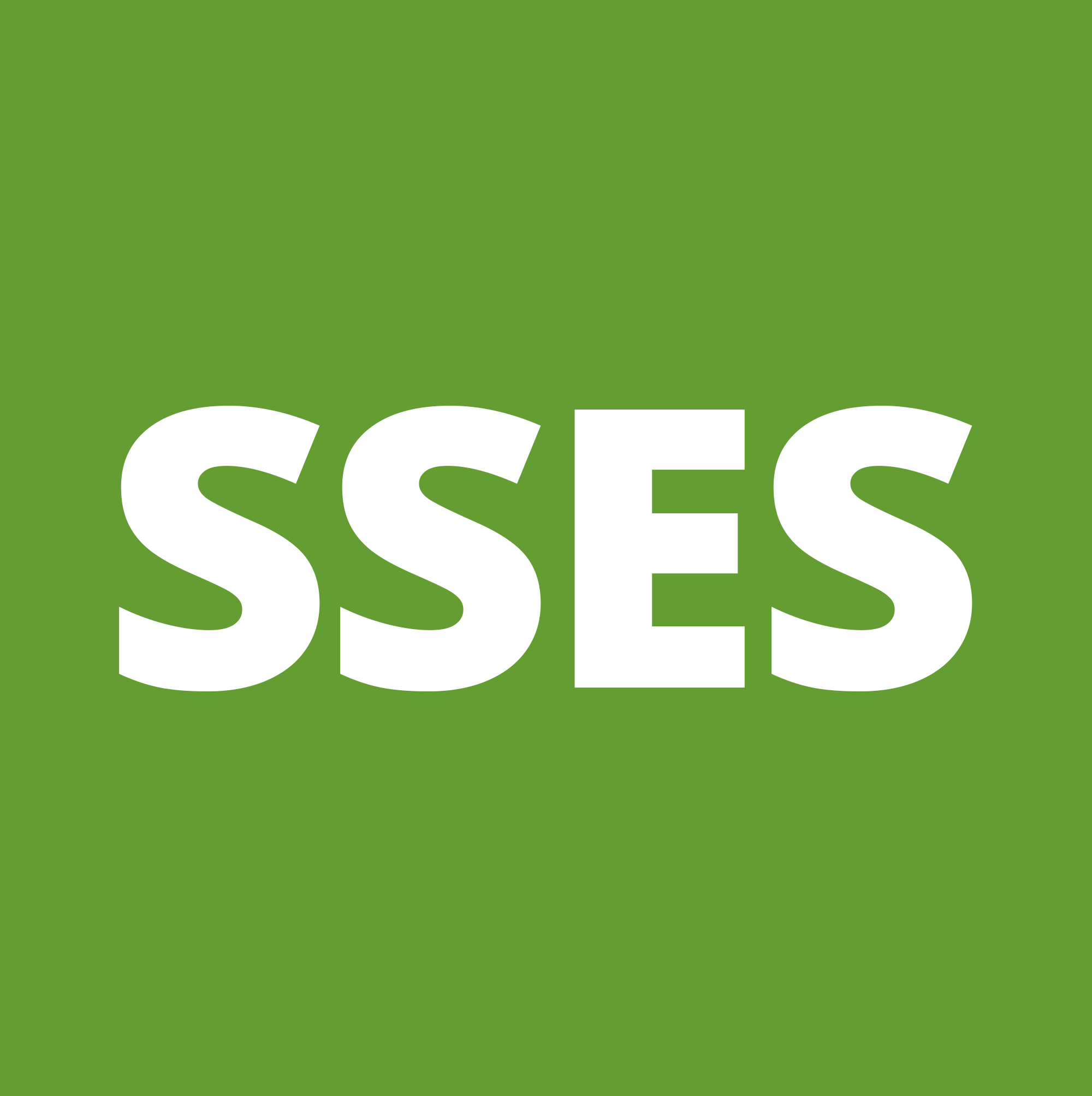SSES was initiated and is organized by the Organisation for Economic Co-operation and Development (OECD). SSES is one of the newest comparative studies conducted by OECD. To date, two cycles of the study have taken place, in 2019 and 2023, and a third will be held in 2026. Poland will join the study for the first time in this third cycle.
The goal of SSES is to assess the level of social and emotional skills among 10- and 15-year-old students and to identify factors that are particularly important for the development of these skills. The study also allows for a better understanding of the relationship between social and emotional skills and other areas of children’s and adolescents’ lives, such as academic achievement, well-being, and career aspirations. SSES covers a wide range of skills, including perseverance, empathy, cooperation, creativity, and emotion regulation.
The main participants in the study are students from two age groups. The primary group is fifteen-year-olds, and an optional group is ten-year-olds. The 2026 study will include both groups of students in Poland. The study is conducted on a representative, random sample of students, which allows conclusions to be drawn about the entire population of fifteen- and ten-year-olds attending school in a given country. The sampling is done in two stages – first, schools are randomly selected, and then specific students are randomly chosen within those schools. In each country, the study usually involves approximately 75 schools and 3,000 students in each age group. During the assessment at schools, students complete computer-based questionnaires covering the skills defined in the study’s framework.
In addition to the social and emotional skills of students, a range of contextual factors are also examined, relating to, among other things, students’ opinions and attitudes, their home environment, experiences both in and out of school, as well as the opinions, attitudes, and experiences of teachers, teaching processes at the classroom and school level, and the school’s resources and organization. Data on these factors are collected through questionnaires completed by students, principals of the selected schools, and teachers. SSES involves teachers of various subjects who teach in the grades attended by fifteen- and ten-year-olds. From this group of teachers in the selected schools, a specific number are randomly chosen and invited to participate. In some countries, students’ parents also complete a questionnaire.
Poland will participate in the SSES study for the first time in 2026, in its third cycle. The Educational Research Institute – National Research Institute is responsible for organizing the study in Poland. The SSES 2026 study is being conducted as part of the project "Preparation and implementation of international educational research in the field of key competences" financed by European Funds for Social Development (FERS).
SSES is a relatively new study, and the number of participating countries and regions is steadily increasing with each cycle. In the first 2019 cycle, 10 localities (cities) took part. In 2023, 6 countries and 10 regions participated. A slightly larger number of participants is anticipated for the third cycle of the study in 2026.
The study assessment framework
The scope and assumptions of the SSES study were developed for its first cycle. They are updated and refined before the start of each new cycle in response to emerging challenges in this area and findings from previous studies. Changes were introduced between the previous cycles, for instance, on the way the assessed skills are categorized. In the 2026 cycle, greater emphasis will be placed on issues relating to the use of media and digital technologies, as well as the role of the school and teachers in shaping social and emotional skills.
The assessment framework for the SSES study is available on the OECD website.
International Reports
International reports presenting the results of each study cycle, as well as other publications and materials related to the study are available on the OECD website.
SSES 2026 (Round 3)
This study is being conducted in 2025–2027. The pilot study is scheduled for the autumn of 2025, and the main study will be conducted in the autumn of 2026. The release of this cycle’s results is planned for the end of 2027.



